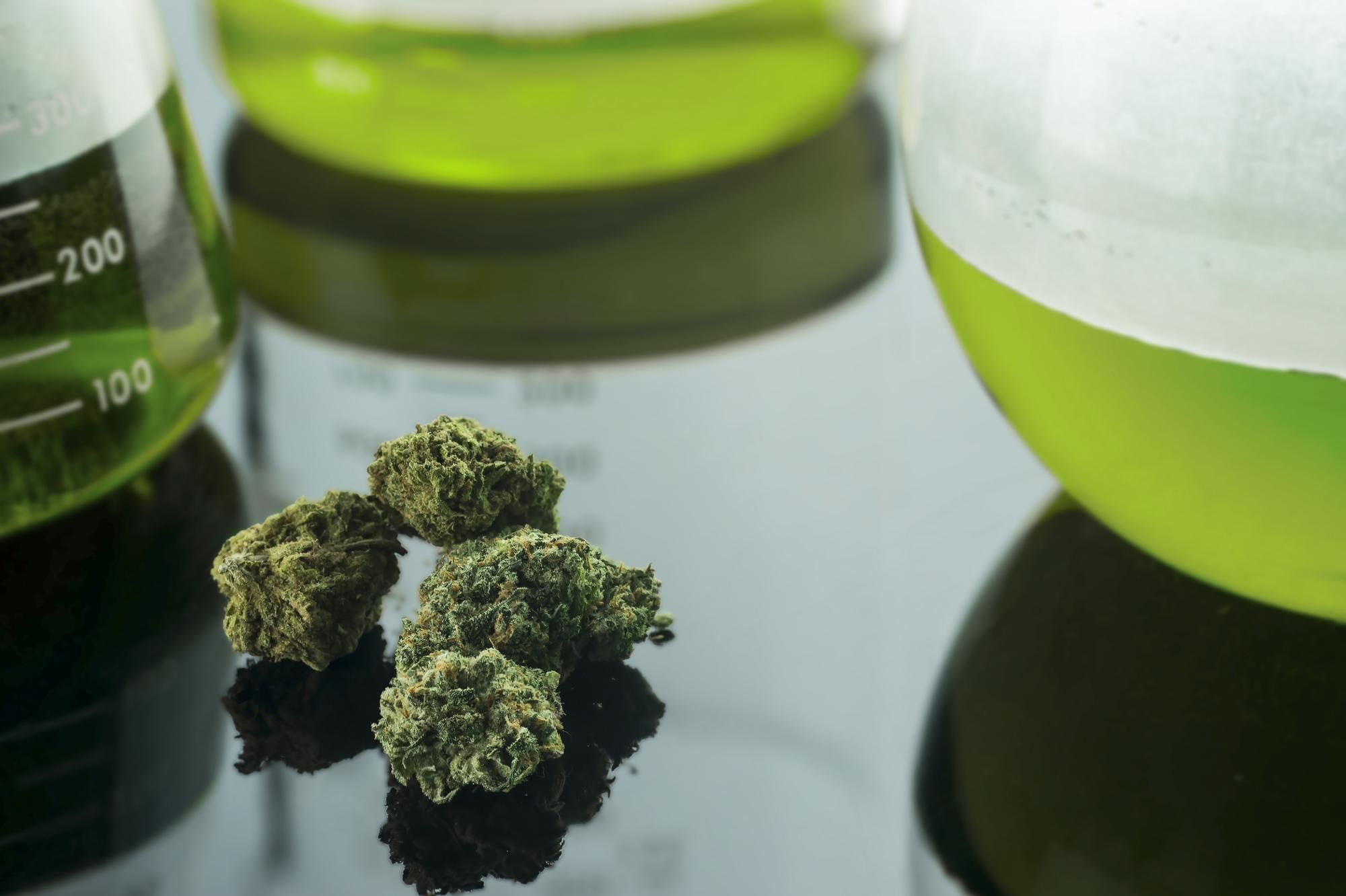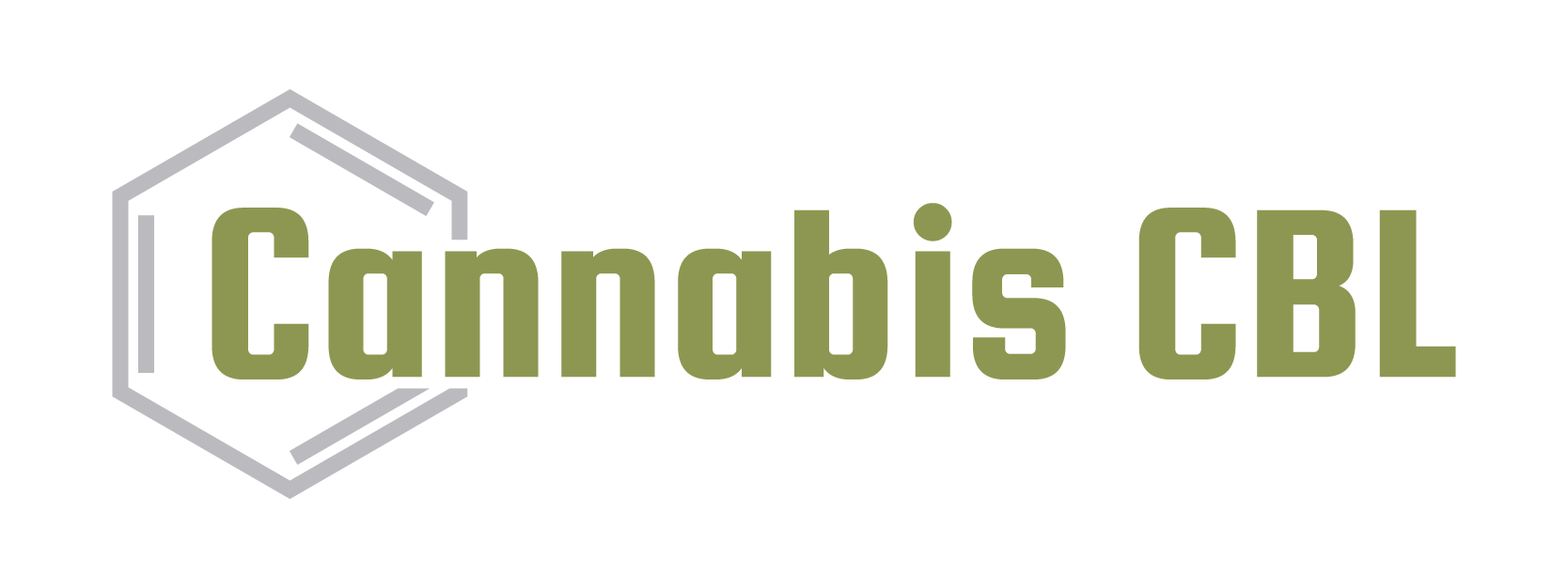-
CBD vs CBL: Breaking Down the Key Cannabinoid Differences
In the ever-evolving world of cannabis science, cannabinoids continue to be the center of research and consumer interest. Among the most discussed compounds is cannabidiol…
-
Beyond the Basics: What Today’s Cannabis Consumers Really Want in a Strain
For years, the cannabis marketplace simplified strain choice into three broad categories: indica, sativa, and hybrid. While these classifications offered a quick way to set…
-
Cannabicyclol Today: Early Research and Future Possibilities
CBL is a rare, non-intoxicating phytocannabinoid that typically appears only in trace amounts. Chemically, it’s best understood as a downstream product of cannabichromene (CBC): exposure…
-
The Role of Cannabinoids in Your Cannabis Experience
Cannabis is more than just THC, the compound most associated with its psychoactive effects. In fact, over 120 different cannabinoids have been identified in the…
-
Understanding Why CBL Is Classified as a Minor Cannabinoid
Cannabicyclol (CBL) belongs to a group of naturally occurring compounds known as cannabinoids, which are found in the cannabis plant. Despite being part of the…
-
Is CBL Legal? A Practical Guide for Consumers
Here’s the short answer: CBL (cannabicyclol) can be lawful to buy and sell in the United States when it is derived from federally legal hemp…
-
From Genes to Grow Rooms: Controlling a Strain’s Cannabinoid Profile
Can growers influence—or even genetically adjust—a strain’s cannabinoid profile? Yes—but with different levers and limits. At the heritable core are the cannabinoid-synthase genes (THCAS, CBDAS,…
-
The Entourage Effect Explained: How Cannabis Compounds Work Together
When people think about cannabis, the focus is often on THC—the compound responsible for the high—or CBD, known for its calming, non-intoxicating effects. But cannabis…
-
Comparative Analysis: CBL vs. Other Minor Cannabinoids
Cannabicyclol (CBL) is one of the many lesser-known cannabinoids found in marijuana. While THC and CBD dominate the spotlight due to their significant effects and…

